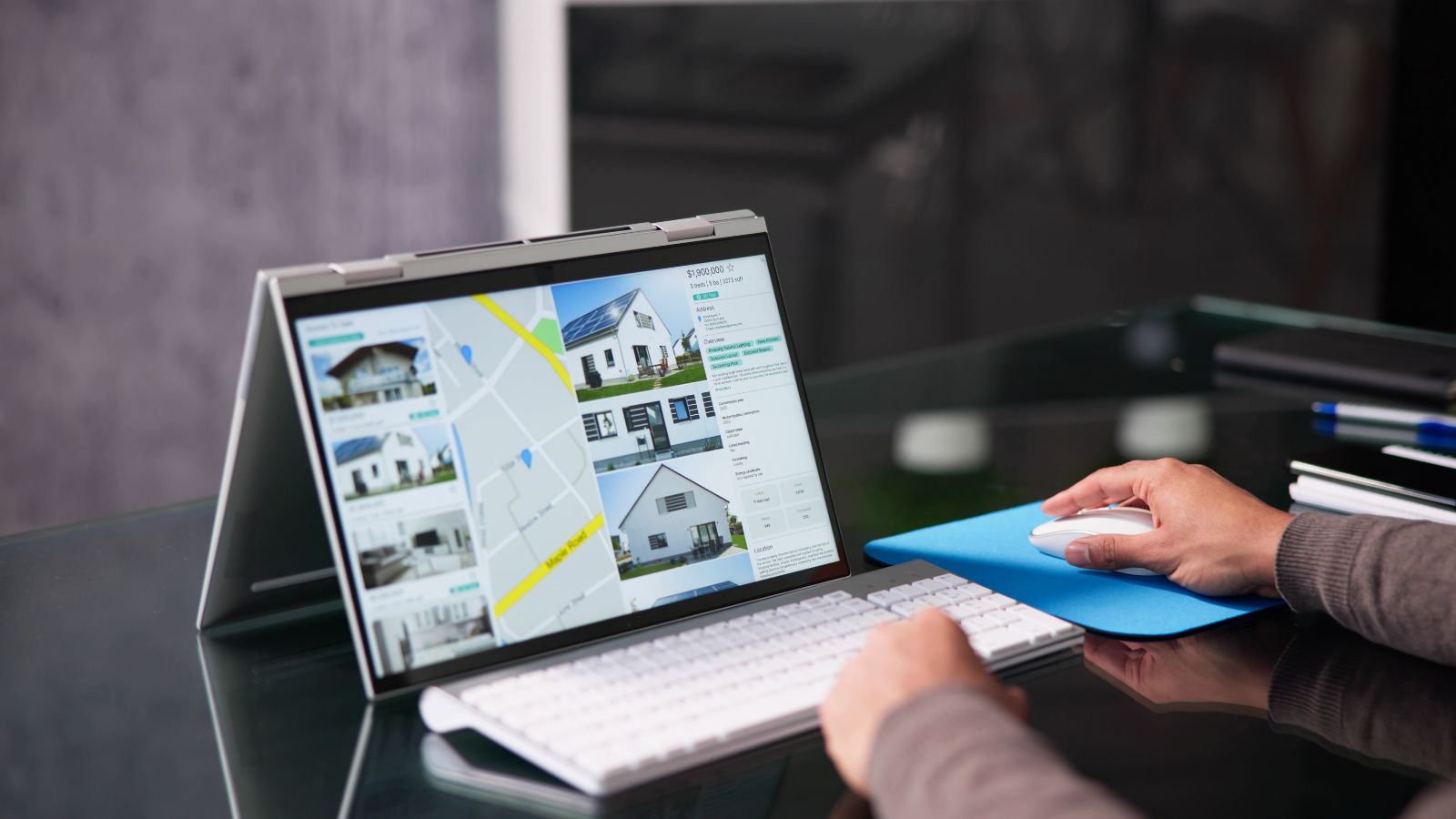Selling your home can be a difficult and emotional process, especially if it holds many memories. To make the departure worthwhile, it’s crucial that you ensure the sale is as smooth, successful, and profitable as possible. There are mistakes that sabotage this goal, and here are some of the most common we see people make.
Overpricing Your Home

It’s vital to understand the local market and not overprice your home. Who can resist a bargain? Setting a competitive price is key if you want to sell your home quickly and agree on a final price. Consulting professionals for appraisals and market analysis is always advised.
Underestimating Curb Appeal

First impressions are always important, especially in attracting buyers for your home! According to Forbes, curb appeal can “boost your home’s sales price […] by as much as 7%.” Simple updates like landscaping, painting your door, and cleaning your driveway can enhance curb appeal.
Not Doing Repairs

It might seem like common sense to identify and address any critical repairs before listing your home, but some people neglect this step. The cost of pre-sale repairs will most often be reflected in the amount you sell your home for, so it’s beneficial to invest in necessary repairs.
Using Poor Quality Photos

Potential buyers need to be able to clearly see what’s on offer! High-quality, professional photos play a vital role in online listings. Good-quality photos can increase buyer interest and improve the perception of the property, so make sure you have good lighting and angles in your photos.
Choosing the Wrong Agent

Choosing the right agent is an important part of the process of selling your home. The agent needs to be knowledgeable, experienced, and an expert in local markets. Inexperienced, unprofessional, or poorly matched agents can severely hinder the sale of your home.
Underestimating Staging

The Times says that “staging your home can slash the time it sits on the market and bump up the price.” That sounds like everything you could ever want when selling a house! Key areas to focus on when staging are the living room, kitchen, and master bedroom.
Not Disclosing Known Issues

It’s a legal requirement to disclose known issues when selling a property, so refusing to do so is a big mistake. If you fail to disclose any issues, you can be liable for costs caused by these problems. Being transparent about issues with your home can lead to a much smoother selling process.
Keeping Personal Decor

Potential buyers want to be able to envision themselves living in your home, and keeping personal decor and photos on display will make this more difficult. You should depersonalize the home to appeal to the broadest audience, so take down that family photo of you all dressed in matching outfits!
Not Making The Most of Showings

Taking full advantage of showings is crucial. You should be flexible with showing times to attract more potential buyers, as restricting access can delay the selling process. Also, make sure you clean and prepare your home for showings so people see it at its best.
Ignoring Market Timing

Understanding market timing is beneficial when selling your home. This will allow you to work out the best time to sell your house to get the most buyer activity and the best sales price. The best time to sell can change depending on current events, but The New York Times mentions that, in general, “spring is the busiest season for home sales.”
Setting Unrealistic Timelines

Good things take time! Set a realistic timeline for selling your home, and don’t rush the process. It’s important to plan for potential delays and how to deal with them if they happen. Timing is also key in negotiations and closing the sale.
Not Optimizing Listing Descriptions

There’s an art to crafting clear, compelling, and optimized listing descriptions. Seeking help from a professional is recommended to make sure you include specific keywords and features in your listing, as this is vital to success when selling your home. Also, always avoid including any vague or misleading information.
Not Using Digital Marketing

You want to get as many eyes on the property as possible, so neglecting digital marketing is unwise. Advertise on online platforms and social media for broader exposure. You can also take advantage of the convenience of virtual tours and online open houses to attract more buyers.
Refusing to Negotiate

You don’t want to compromise too much, but negotiating and being flexible can help you quickly close a sale. Before entering negotiations, take some time to prepare for common buyer requests and how to respond, and look into effective negotiation strategies to reach a mutually beneficial outcome.
Letting Emotions Interfere

Selling your home can be an emotionally heavy process, but remaining professional and objective will pay off. Try not to let your emotional attachment impact your decision-making, as this can negatively affect the process. Turn your emotions off and be a house-selling robot!
Not Preparing for Inspections

Pre-listing home inspections should always be taken seriously. It’s important to prepare for these inspections, as the outcome can impact the process of selling your home. These inspections can uncover any issues with the property that need to be addressed, or that will affect the pricing of the home.
Up Next: Do You Know Your Rights? 17 Things You Don’t Have to Answer When Stopped by Police

The thought of getting stopped by the police is a nerve-wracking prospect for most people. It can be even worse if you’re not sure what you should and shouldn’t say, creating a sense of paranoia, anxiety, and confusion. If you’re worried about the potential for a confrontation with the cops, we’re here to help. This list covers 17 things you don’t have to answer when stopped by police officers.
Do You Know Your Rights? 17 Things You Don’t Have to Answer When Stopped by Police
18 Things That Say You Are Middle-Class and Not Rich

The difference between the rich and middle class can be confusing, but the two couldn’t be further from each other in reality. In this article, we look at 18 signs that someone is middle class but not at all rich or wealthy.
18 Things That Say You Are Middle-Class and Not Rich
18 Reasons You Feel Like You Don’t Belong Anywhere

Feeling like you don’t belong anywhere can feel incredibly isolating. We need companionship to keep us connected to the world, so if you’re struggling to form relationships and don’t feel that you don’t fit in, here are 18 reasons why that might be.

